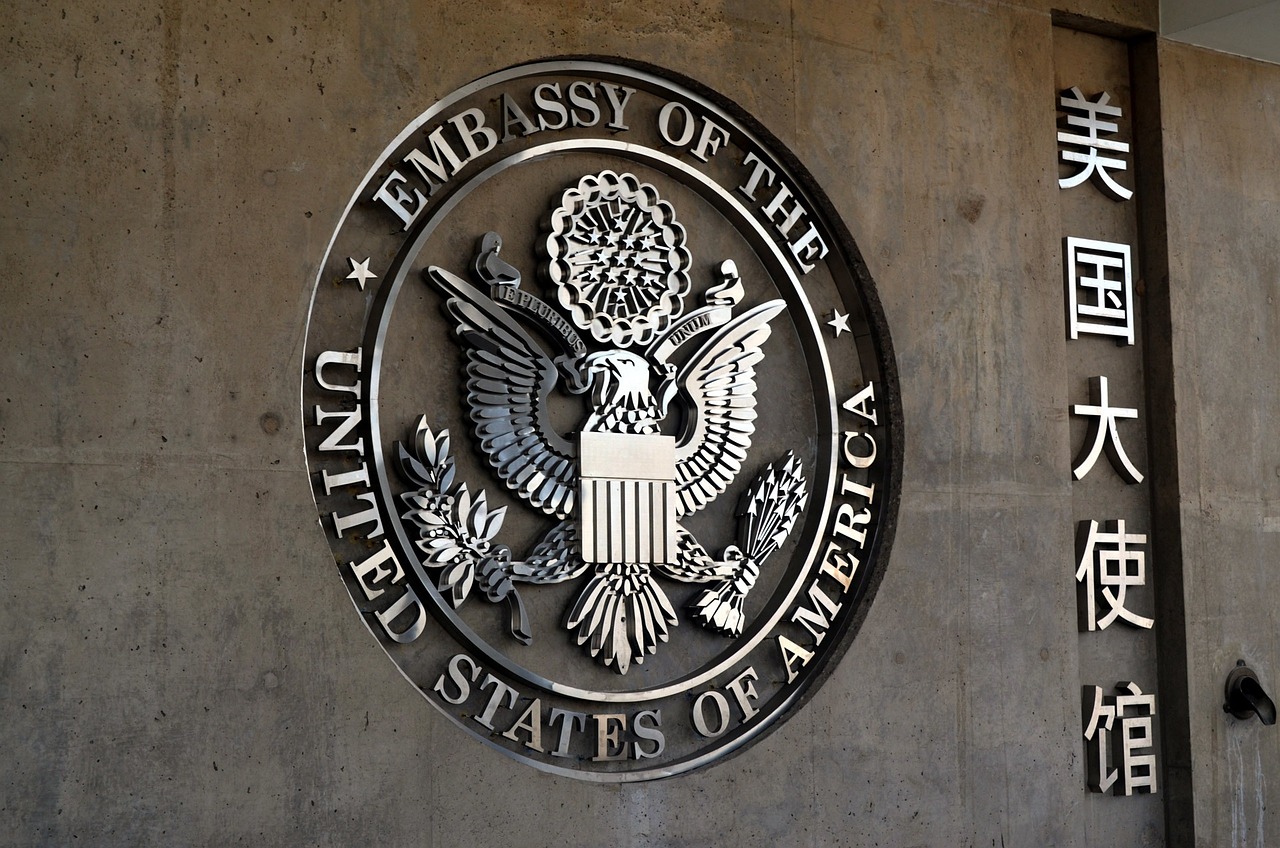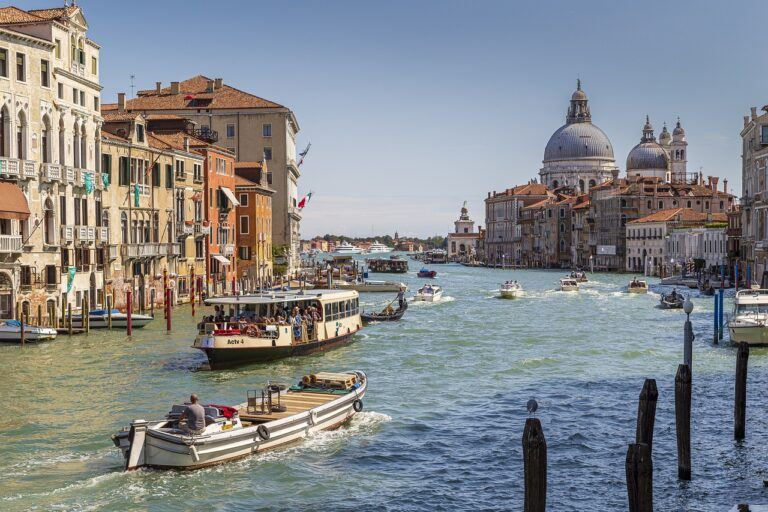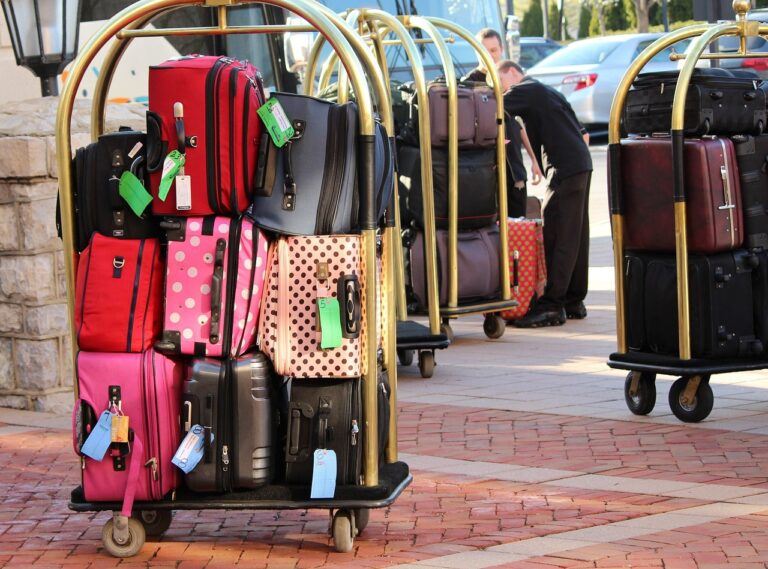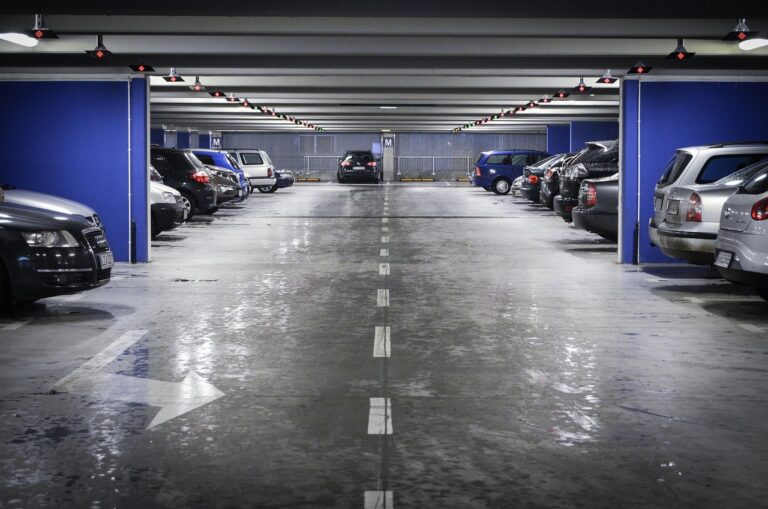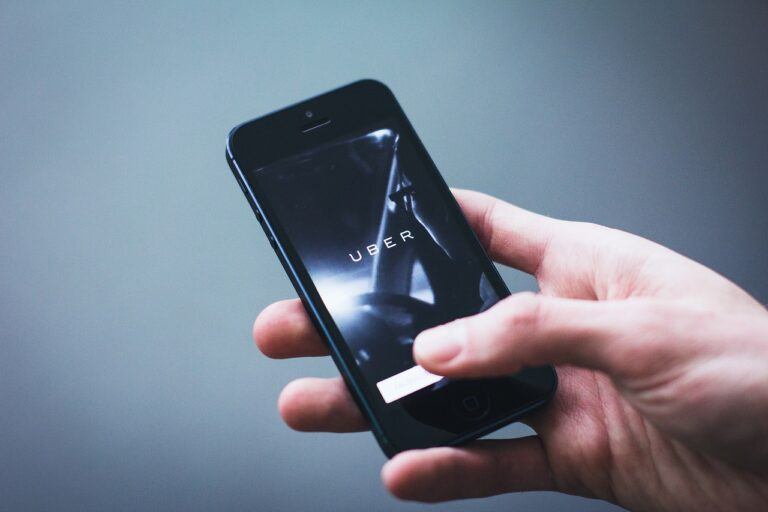Women Safety Tips for Traveling Abroad
Traveling is all about experiences, right? But one thing’s for sure, knowing how to handle emergencies and women safety tips can make all the difference. Especially for women, being prepared isn’t just smart—it’s empowering.
When you’re far from home, different challenges pop up. So, understanding the power of preparation not only keeps you safe but also gives you peace of mind. It’s a way to enjoy every breath of adventure without fear holding you back.
In this section, let’s break down why it’s crucial to have an action plan before you even board that plane. Trust me, you’ll feel more at ease knowing you’ve got the basics covered.
Throughout this article, I’m here to share some down-to-earth tips and advice. Whether it’s about sorting out what goes into your bag or knowing the cultural dos and don’ts of a new place, I got your back. You’ll walk away with practical advice that’ll have you ready for anything when traveling abroad.
Table of Contents
Understanding Local Laws and Customs
Before you find yourself sipping espresso at a corner café, take some time to get to know the local laws and customs of your destination. A bit of research upfront can save you from unexpected hiccups during your travels.
Culture shocks are real! Every place has its own vibe, and respecting it is key to having a smooth trip. Whether it’s the way you greet locals or the kind of clothes you wear, being aware of these things makes all the difference.
Don’t assume it’s just like home. Things you consider normal might be frowned upon or even illegal somewhere else. This can include public displays of affection, alcohol consumption, or taking pictures at religious sites.
Women travelers, pay extra attention to dress codes and social behavior expectations. In some countries, modest dressing is not just a suggestion but a legal requirement. Keeping these nuances in mind helps avoid unwanted attention or fines.
It’s a good idea to keep a list of restricted items or activities in your travel notes. These could include anything from banned food items to certain medications. Better safe than sorry, right?
Understanding the local rules isn’t about losing your freedom, but about having a better travel experience. So, dive into those travel guides, or chat with folks who’ve been there before.
Health and Safety Considerations
Healths at the top of the list when you’re planning a trip. Before heading off, check what vaccinations might be needed and make sure you’re up to date. Some countries require proof of shots before entry, so don’t let that catch you off guard.
Always keep a basic first-aid kit with you. You never know when you’ll need a band-aid or something to soothe a headache. Pack essentials like pain relievers, antiseptic wipes, and any other basic meds you might need.

If you’ve got prescriptions, make sure to carry enough for your trip and have them in their original containers. A letter from your doctor explaining your need for the medication is helpful in case you have to answer questions at customs.
Periods happen, even when traveling, so it’s wise to pack what you need for menstrual care, especially if you’re going somewhere where products might not be readily available.
Knowing how to reach local emergency services can be crucial. Save the local emergency numbers in your phone, and carry them in your wallet, too, just in case your phone’s battery decides to quit.
Travel insurance shouldn’t be an afterthought. It’s one of those things you’d rather have and not need than need and not have. Look for coverage that takes care of medical emergencies so if anything happens, you’re not left stressing over bills.
With a little prep, you’re all set to tackle any health and safety issues without breaking a sweat. It’s about having the freedom to travel with peace of mind.
Securing Your Travel Documents
Losing important documents like your passport is a travel nightmare, but being prepared can make it less stressful. Keep copies of your important documents, like passports, visas, and travel insurance, in different locations. This way, if one bag goes missing, you’re not left empty-handed.
Going digital is super handy, too. Keep scanned copies of your documents in a secure cloud storage. This gives you access on the go, and you won’t have to dig through your bags to find what you need.
But what if your passport does get stolen? Know ahead of time how to get in touch with the nearest embassy or consulate. Familiarize yourself with the process to get replacements, which often requires those backup copies you’ve wisely stored.
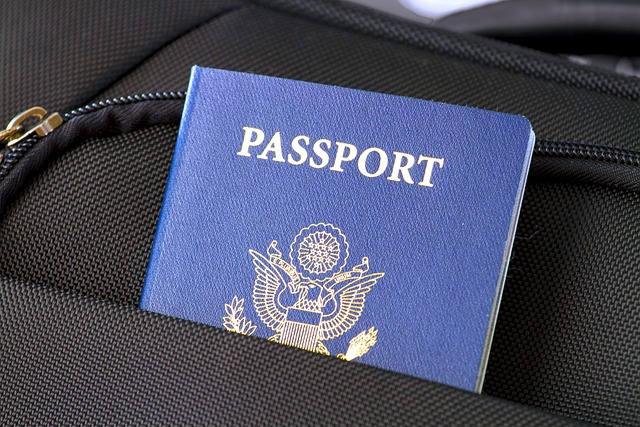
Consider using a money belt or a concealed pouch to keep your documents safe while you’re out exploring. The less visible or accessible they are, the less likely they’ll be snatched.
Having several layers of security means less worry about what could go wrong. So, secure those docs and spend your energy on enjoying the adventure ahead.
Smart Packing for Emergencies
Packing light is often the goal, but there’s a difference between packing light and packing right. Make space for a few essentials that can double up in emergencies.
Start with a small flashlight and spare batteries. Whether it’s a power cut or an evening trek, they can be your guiding light when darkness falls.
Think about adding a multi-tool to your kit. It’s like a mini-Swiss army knife without the bulk. From fixing a tear in your backpack to opening bottles, it’s surprisingly handy.
Throw in a couple of luggage trackers, too. In the chaos of travel, bags can go missing. Having one of these keeps you on top of your stuff if it takes an unscheduled detour.
Locks for your suitcase are another must-have. They’re not foolproof, but they can discourage prying hands when your bags are out of sight.
Consider carrying a whistle or a personal safety alarm. These create noise and attract attention, which is exactly what you need if you find yourself in a tricky situation.
Having these tools packed and ready gives you a little extra confidence, knowing you can handle unexpected situations with ease. It’s all about feeling secure as you explore the world!
Women Safety Tips While Traveling Abroad
Staying connected when you abroad aren’t just about keeping up with social media; it’s about safety and convenience, too. Knowing you can reach out for help or update your folks at home adds a layer of security to your travels.
Grab a local SIM card when you arrive. It’s often cheaper and more reliable than international roaming. Plus, you’ll blend in more as a local, avoiding tourist traps targeted at those browsing with foreign connections.
There are plenty of safety apps designed to keep travelers like you connected and safe. Apps that share your location with trusted contacts or help you find the quickest route home are worth downloading.
Having backup chargers or portable battery packs are lifesavers when exploring for the day. A dead phone isn’t just inconvenient, it’s risky if you suddenly need maps or emergency numbers.
While hopping from country to country, share travel plans with close friends or family. It’s reassuring for everyone to know where you’re headed next and your expected arrival.
And don’t forget Wi-Fi hotspots. They can help you avoid data charges. Just be cautious with public networks—use a VPN to keep your info secure from prying eyes.
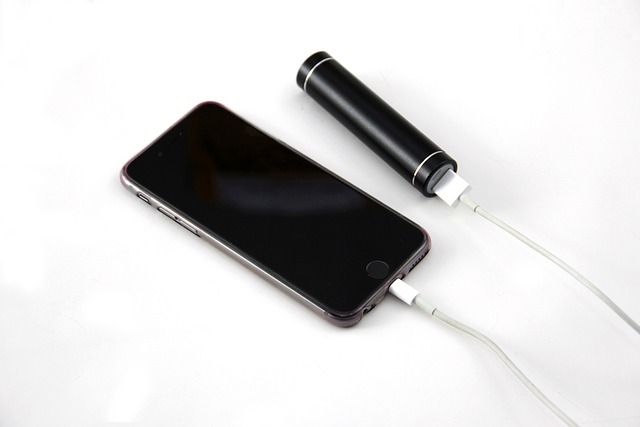
Being connected keeps you informed and on top of things, making your trip smoother and giving you peace of mind as you explore new places.
Personal Safety Strategies
When you’re exploring new places, it’s crucial to keep personal safety at the forefront of your mind. Little habits can make a significant difference in how safe you feel and actually are when you’re out and about.
Plan your routes before leaving your accommodation, and stick to well-lit, busy areas, especially after dark. Traveling alone at night might not be ideal, so team up with fellow travelers or choose reputable transportation options like registered taxis or rideshares.
Keeping a low profile helps too. Avoid displaying costly gadgets or jewelry, which could make you a target for pickpockets. Blending in with the locals can help you move through the streets without drawing unwanted attention.
Train yourself with some basic self-defense moves. It’s not just about being able to fend off threats, but about boosting your confidence while navigating unfamiliar settings.
Trusting your instincts is key. If something feels off, it probably is. Don’t hesitate to remove yourself from any situation that makes you uncomfortable.
Choosing safe transportation is vital. Reliable public transport or pre-booked rides via apps with good reviews are generally safer choices. Always let someone know your whereabouts and estimated arrival times when using transport services.
Dealing with Emergencies Traveling Abroad
Even with all the preparation in the world, things can still go sideways. It’s crucial to have an emergency plan in place, so you’re not caught off guard when things get a bit chaotic.
When natural disasters strike while you’re on vacation, staying calm is your best approach. Follow local safety advisories and evacuate when instructed. Familiarize yourself with the emergency exit routes wherever you’re staying, whether it’s a hotel or an Airbnb.
If you find yourself a victim of theft or assault, your immediate step should be to get to a safe location and seek help. Contact local authorities and your country’s embassy or consulate. They can provide assistance and guide you on the next steps to take.
It’s helpful to have a list of contacts, including your embassy, saved on your phone, and written down. Your embassy is there to help with lost passports, legal trouble, or emergencies, so don’t hesitate to reach out if you need support.
Being a proactive traveler means thinking about the ‘what ifs’ before they happen. By knowing how to handle emergencies efficiently, you’ll find peace in knowing you can tackle anything the world throws at you.
Thank you and I hope you found this article interesting and informative. Feel free to leave comments or questions below. Also, click here to read my next article about avoiding dangerous situations in everyday life.
Additionally, visit my other website if you are interested in the complex details of crime scene evidence and criminal investigation.
W. McCain
